On March 8, 2024, the documentary Century Masters: Xingzhi Tao premiered on The Chinese Education TV Channel. The Center on Chinese Education at Teachers College, Columbia University, invited professors and TC graduates to share their research and insights into Xingzhi Tao’s educational thoughts and his learning experience at Teachers College for the documentary, which offered audiences a vivid depiction of Tao's scholarly exploration and formation of his educational philosophy at Columbia University.
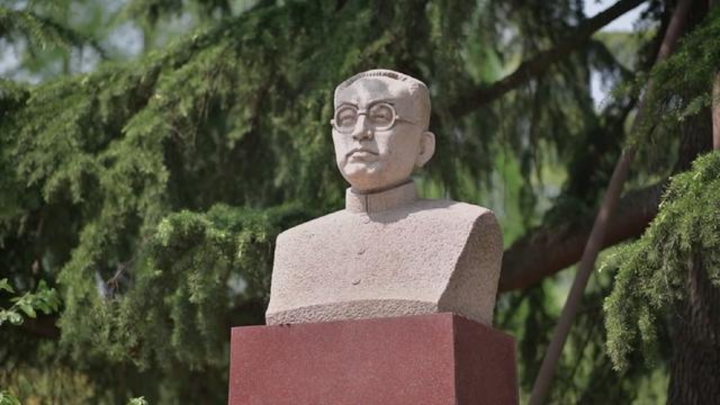
Xingzhi Tao (1891-1946)
Xingzhi Tao is one of the most influential educational pioneers and reformers in modern Chinese history. Mr. Tao graduated from Jinling University in Nanjing and earned his bachelor’s degree in 1914. With his thirst for knowledge and enthusiasm for education, he went to study at the University of Illinois in the United States. After receiving a master's degree in political science, he came to Teachers College, Columbia University, to pursue a doctorate in education between 1915 and 1917. His learning experience in the United States laid a solid foundation for his future educational career and exposed him to advanced educational concepts and teaching methods. After returning to China, Mr. Xingzhi Tao devoted himself to education and served as professor and academic director of Nanjing Normal University. In 1927, he founded the Nanjing Xiaozhuang Experimental Rural Normal School (currently Nanjing Xiaozhuang Normal College) and was committed to exploring an education model suitable for rural China. Prof. William Kilpatrick of Teachers College visited Xiaozhuang Normal School in 1929 and spoke highly of Xiaozhuang.
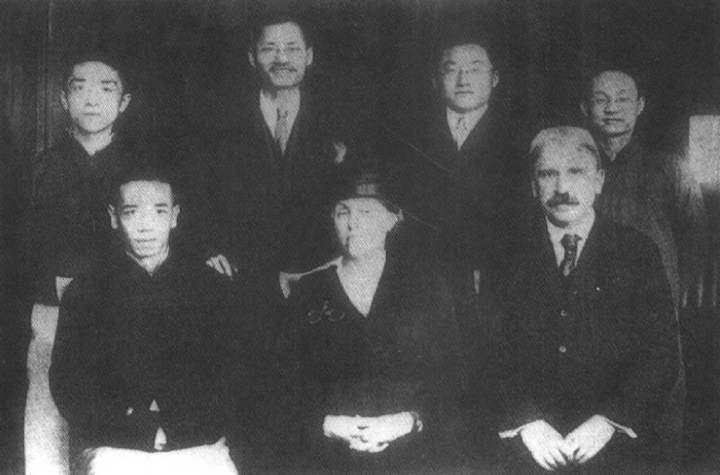
Xingzhi Tao with John Dewey in Shanghai in 1919. Front row from left: Shi Liangcai, Dewey's wife Alice, and Dewey. Back row from left: Hu Shih, Jiang Menglin, Tao and Zhang Zuoping.
Mr. Xingzhi Tao devoted his life to teaching and rural education. Inspired by John Dewey’s theory, “Education is life and school is society,” he developed the concepts “life is education,” “society is school,” and “integrating teaching and doing.” Besides, he actively promoted the popularization of civilian education, allowing more people to have access to education and thus change their lives.
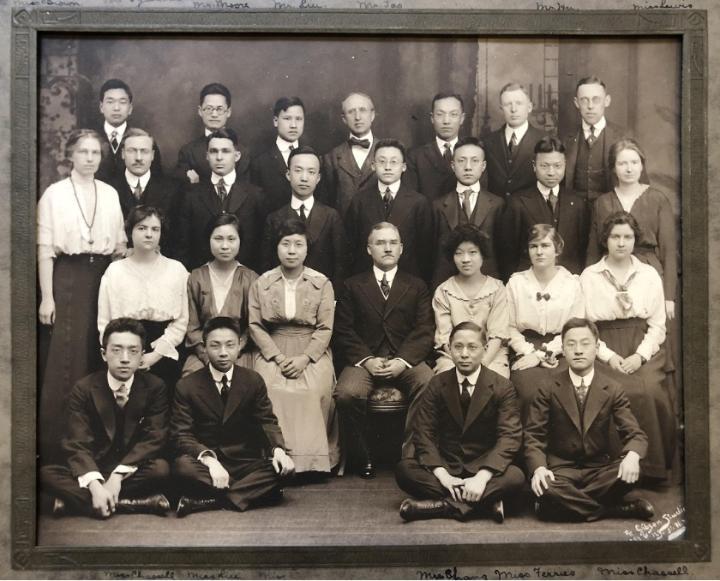
Paul Monroe (the professor sitting in the middle) and Xingzhi Tao (right behind Paul Monroe) at Teachers College in 1916
Mr Tao’s study experience at Teachers College, Columbia University, had a profound impact on his educational thoughts and practices. During his studies at Teachers College, Xingzhi Tao absorbed a wealth of knowledge that covered many fields, such as educational philosophy, educational psychology, educational administration, curriculum, and teaching methods. He vigorously studied the theories of famous American educators such as John Dewey and Paul Monroe and gradually formed his own unique life education theory. In addition, he extensively explored sociology, political science, culture, and other related disciplines. The knowledge provided a solid theoretical foundation and broad vision for his educational practice. Because of his outstanding contributions to nationwide literacy campaigns and rural education in early 20th century China, Xingzhi Tao has always been remembered as “the Teacher of Teachers” and “the Great Educator of the People” in China.
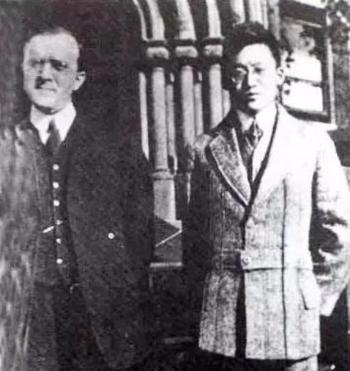
Xingzhi Tao and his mentor George Strayer at Teachers College in 1915
At the forefront of the documentary's scholarly foundation, the Center on Chinese Education at Teachers College, Columbia University, played a pivotal role, offering significant support and contributions that were instrumental to the documentary’s success.
Professor Henan Cheng, deputy director of the Center on Chinese Education, unraveled the profound influence of Tao's academic exploration at Teachers College on his later achievements. Professor Cheng underscored that Xingzhi Tao not only garnered rich knowledge at Teachers College, which became the bedrock of his educational reforms, but also maintained long-term and fruitful collaborations with his mentors at Teachers College.
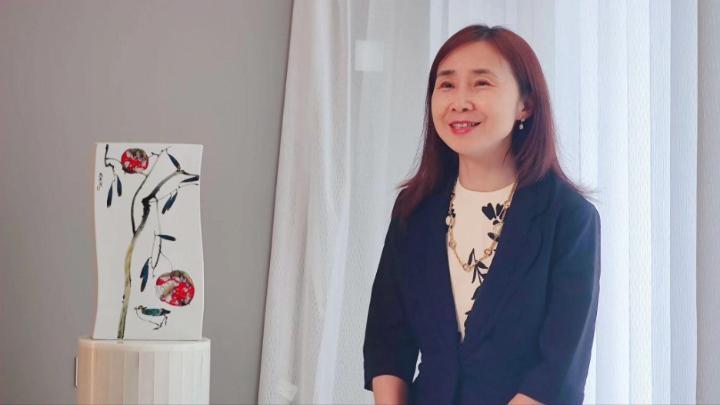
Prof. Henan Cheng unraveled Tao's academic exploration at Teachers College
In the documentary, Dr. Ruohao Chen shared his cross-generational dialogue with Tao and emphasized Tao’s influence on his educational pursuits. From a TC graduate's perspective, he described the details of Tao's life at Columbia University and how these experiences fueled his passion and dedication to education.
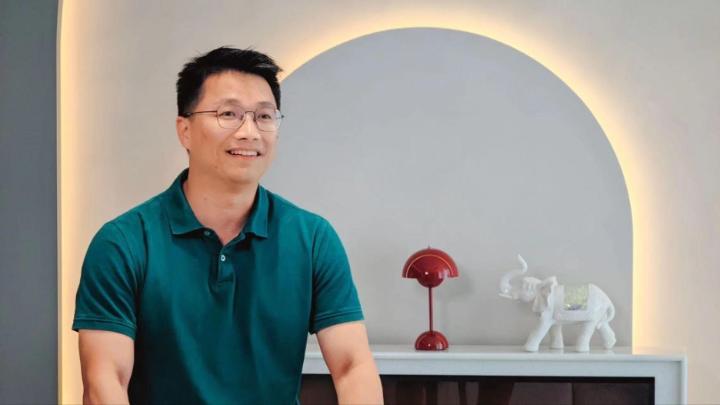
Dr. Ruohao Chen shared Tao’s profound influence on his educational pursuits
Professor David Hansen, professor and program director of Philosophy and Education at Teachers College, interpreted Tao's educational philosophy from an academic standpoint. He analyzed the formation and evolution of Tao's life education theory under John Dewey’s influence and the academic environment of the time, discussing its relevance and value in today's society. Professor Hansen's interpretations offered viewers a comprehensive understanding of Tao's visionary ideas.
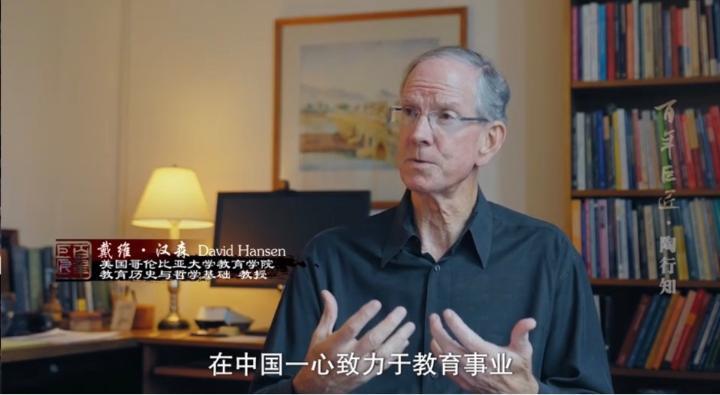
Dr. David Hansen analyzed the formation and evolution of Tao's life education theory